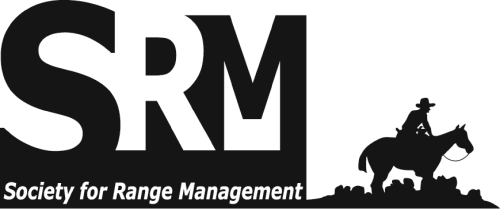State-and-Transition models (STM) describe the response of ecological sites to various management treatments including brush beating or mowing, pinyon-juniper chaining, hand felling, masticating and prescribed burning. Fuels management planning occurs at scales larger than individual ecological sites, therefore the development of Disturbance Response Groups and their associated STMs has enhanced our ability to predict plant community response to treatment. BLM in collaboration with the University of Nevada, Reno and Nevada NRCS has been assessing multiple fuels treatment and wildfire responses within the context of STMs in order to improve future fuels and habitat improvement projects. Results of these investigations will be presented.

Oral presentation and poster titles, abstracts, and authors from the Society for Range Management (SRM) Annual Meetings and Tradeshows, from 2013 forward.